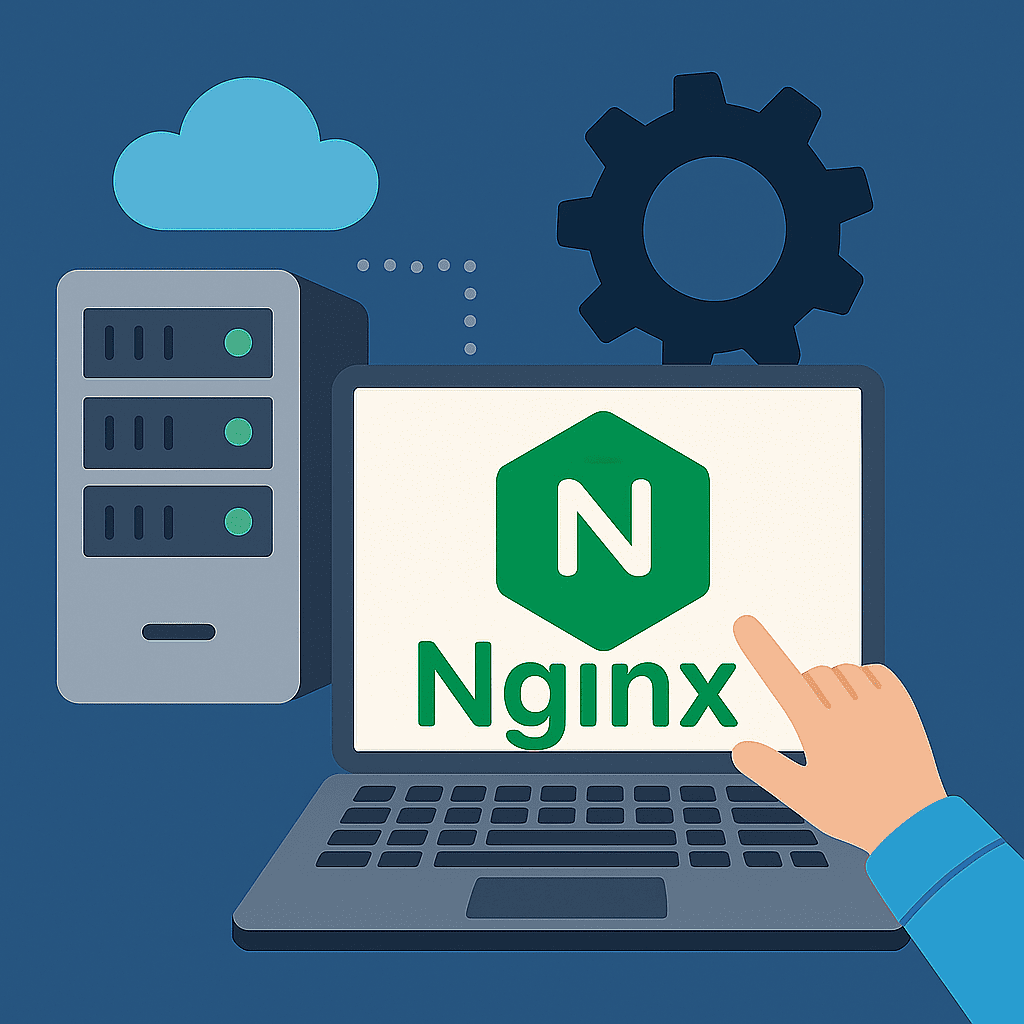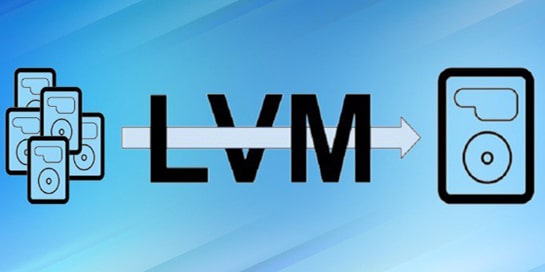Basically, Nextcloud is a special software suite, designed for creating network file hosting services. It is based on open-source code, so you can install it on your server for free. As with any similar software, like Google Drive, Dropbox, or Microsoft OneDrive, it has a client-server architecture, where the server part is installed on the machine which physically stores your files, and the client part should be installed on the machine from which you want to upload files to the cloud storage and download them back.
What is Nextcloud and how it works
Nextcloud is developed since 2016, but it is actually the fork of the older ownCloud file hosting project, created in 2010. Nextcloud is based on the ownCloud source code and developed by many of its original programmers.
The server part may be installed on any hardware. It may be a dedicated server, a virtual private server, your own personal computer, an old laptop, or even a low-power Raspberry Pi machine. The only limitation here is that the server should run Linux or FreeBSD. The client part doesn’t have any limitations at all. The client applications in the form of file managers are developed for all modern versions of Windows, starting from Windows 7, MacOS (version 10.6, released in 2009 and newer), and all versions of Linux and FreeBSD, as well as Android and iOS. So, virtually any more or less modern hardware may serve as the client for Nextcloud.

VPS Windows
VPS Windows KVM Virtualization
Remote access/control
Ready solution
KVM virtualization
24 hours a day support
Why Nextcloud instead of Dropbox or Google Drive?
Why can’t you use popular cloud services, Dropbox or Google Drive, instead of Nextcloud? Why, of course, you can, and you won’t even need to set up the server by yourself. But there are at least 2 limitations.
First, you can get only several gigs of storage from them for free. If you need at least 30 gigs, you’ll have to pay. Not that much, but still, costs will be times higher than the electricity for your old notebook working in power-saving mode. Plus, even 10 years old computers have at least 500 gigs or even 1 Tb of storage.
Second, you don’t actually control the server if you use these services. They may be attacked by hackers, who may steal or destroy your data. You may lose your data if you’ll forget to pay on time. The server may be destroyed by fire or natural disasters, and you can do nothing about it. With Nextcloud, your information is much better secured, even if you are using remote VPS. Some hosting providers even allow you to make standard installation of Nextcloud on your VPS during the initial setup of your site.
Functional and security features of Nextcloud
Despite being open-source software, fully suitable to private use, Nextcloud is also enterprise-ready and has many features, needed for a commercial product. Not only all uploaded and downloaded files are encrypted by default during the transfer, but you can also choose to encrypt the files, stored on server. These files are stored in a traditional tree of directories, and may be accessed not only using the original client apps, but also via WebDAV, or Web Distributed Authoring and Versioning, the standard extensions to HTTP. This means that the third-party applications may be compatible with Nextcloud, and you can even access your files via the web browser if necessary. What’s important for enterprises, Nextcloud has a full-fledged support for its corporate users. It is scalable up to datacenters size with petabytes of information. Nextcloud supports extensions, called apps, more than 100 of which are already available and which are able to add a lot of innovative features. Lastly, Nextcloud contains many collaboration options, needed by corporate users.
Plus, there are many features, which may be useful and convenient for both private and corporate users, like:
- Cross-platform files sharing;
- Built-in Contacts, Calendar, Tasks and Notes apps;
- Online streaming of media files;
- Configurable auto-upload of photos and other files from mobile phones and tablets;
- Support of two-factor authentication for even better security and much more.
So, even despite there are many competitors out there, Nextcloud quite clearly has its niche and loyal users. Maybe you should also consider becoming one.


